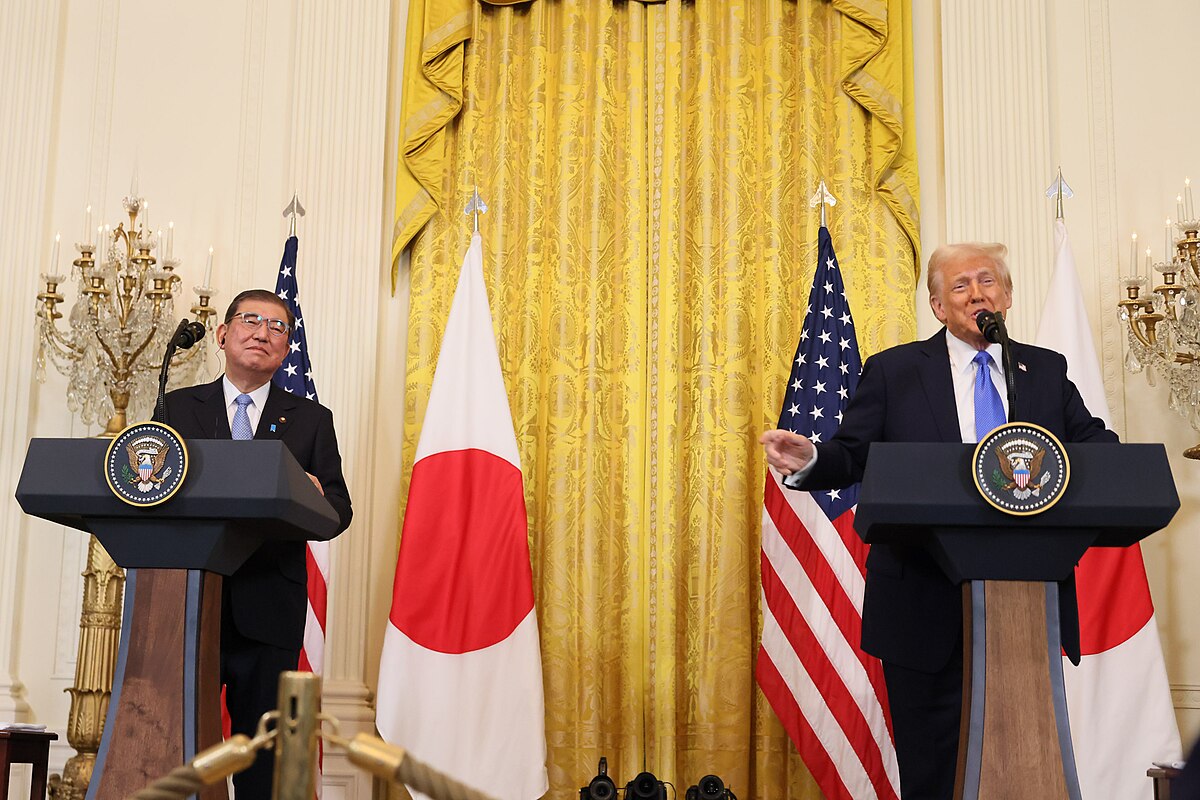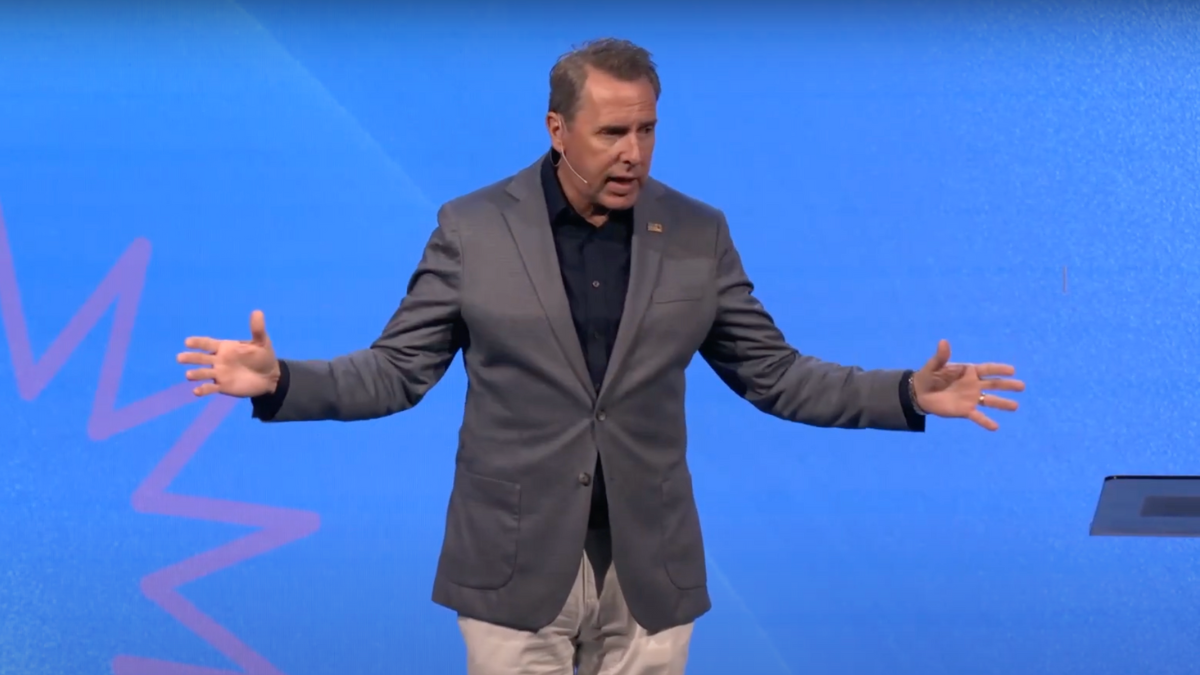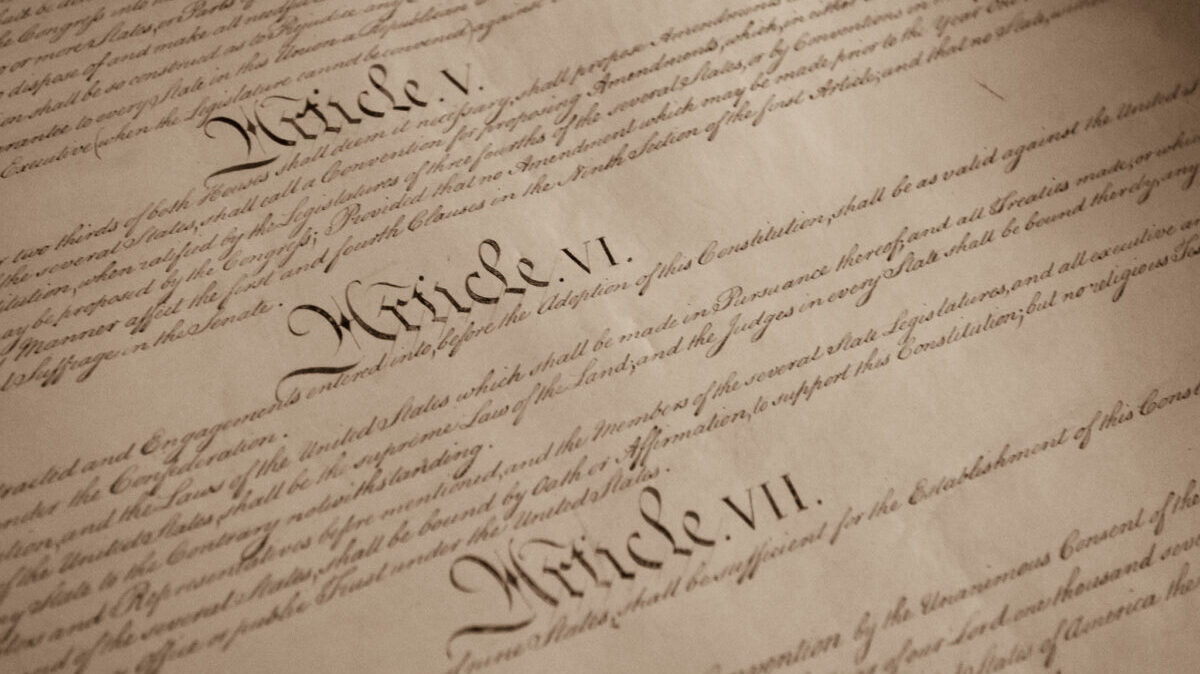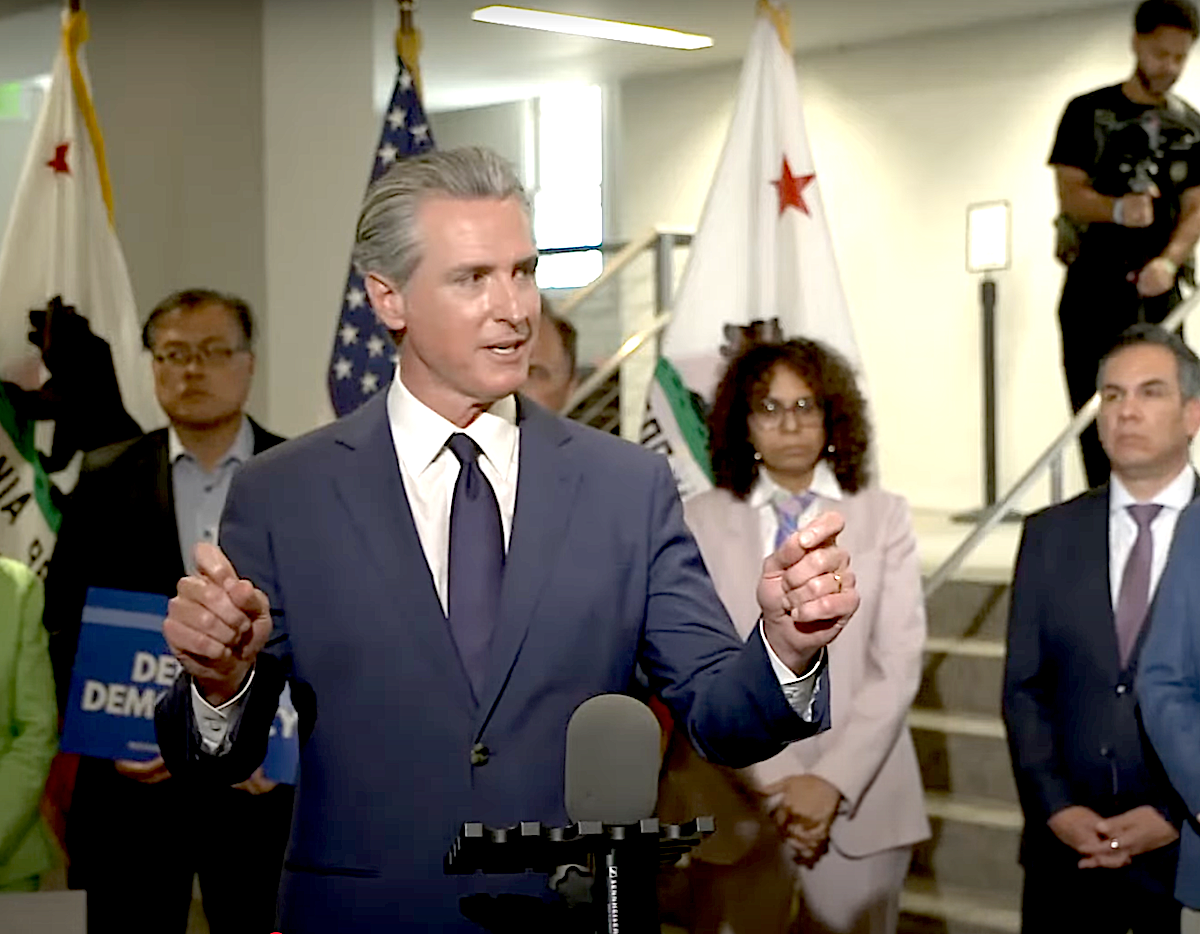Since returning to office, President Trump has sought to advance a foreign policy agenda that places American interests first. A major component of this agenda has been to strategically pressure U.S. allies and partners to increase their defense budgets to counter common threats and usher in a more stable security environment.
That objective appears to be top of mind for Under Secretary of Defense for Policy Elbridge Colby, who has been instrumental in forwarding the administration’s agenda on the world stage. In an Aug. 15 tweet, Colby noted, “It’s common sense that all allies, especially in Asia, need to pull their weight.”
Colby emphasized the importance of collective defense, stating, “Fortunately, many of our allies, led by Europe, get it: The route to sustained peace is everybody doing their part.” He cited remarks from New Zealand’s defense minister, who criticized her nation, Australia, and other Indo-Pacific countries for their failure to invest in their collective national defense, particularly in light of the rising power of China.
Since taking the reins of Chinese politics more than a decade ago, Chairman Xi Jinping has expanded Beijing’s military capabilities to counter American influence in East Asia. The Chinese Communist Party has made significant investments in the People’s Liberation Army, which has engaged in increasingly aggressive maneuvers toward U.S. assets and partners in the region.
The Trump administration has made strides in galvanizing Asian allies to take the China threat seriously. However, domestic political realities in many Asian countries may complicate these efforts.
In Taiwan, President Lai Ching-te’s administration has proposed increasing the island’s defense budget by 23 percent next year, raising overall spending to more than 3.3 percent of GDP. This proposal aligns with requests from U.S. officials like Colby, who have urged Taipei to bolster its defense to deter potential Chinese aggression. However, the proposal must be approved by the Yuan legislature, currently controlled by the opposing Kuomintang party, which has previously frozen defense spending.
Japan faces similar challenges. The ruling Liberal Democratic Party recently suffered electoral defeats, raising questions about Prime Minister Shigeru Ishiba’s ability to increase defense spending in response to regional threats from China and North Korea. The political instability following these losses could hinder efforts to enhance Japan’s military capabilities.
In South Korea, a recent leadership change may impact Trump’s desire for increased military spending. The election of liberal Lee Jae-myung, who is perceived as more pro-China than his predecessor, follows the impeachment of conservative President Yoon Suk Yeol. Lee’s upcoming summit with Trump will be closely watched for its implications on U.S.-South Korea relations and defense spending.
President Trump and his administration have recognized the growing threat posed by China and the need for a free and open Indo-Pacific. However, overcoming domestic hurdles in allied nations will require sustained pressure and high-level negotiations. The success of these efforts is crucial for maintaining peace and stability in the region.
READ ICE Arrests Convicted Criminals in Nationwide Operation



